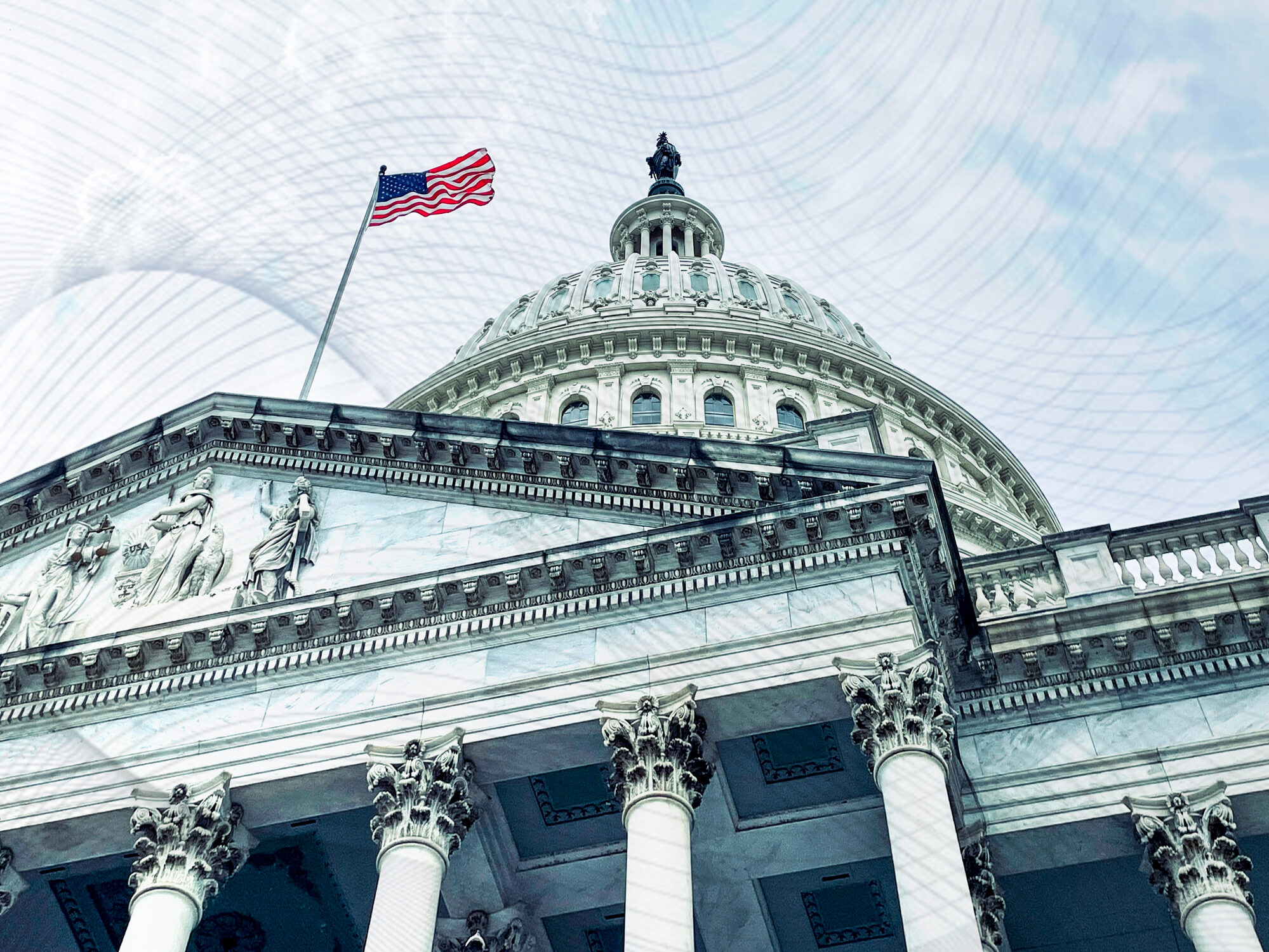
What They Are Saying: Experts Opine on Debanking Ahead of Pair of Hearings This Week
Feb 3, 2025
This week, Republicans in the Senate and House will examine the overly broad and ambiguous federal regulatory framework that banks must comply with to prevent financial crimes. Unfortunately, the regulators who administer these guidelines operate in secrecy despite wielding tremendous power to levy fines and criminal penalties against financial institutions that do not strictly follow the regulations. The hearings come on the heels of President Trump’s remarks on the issue last month and as well as a podcast interview with venture capitalist Marc Andreessen and Joe Rogan in November 2024.
Many leaders have called for national reform to the regulatory system to address this issue and help provide consistency, transparency, and clarity to banks and consumers. Here’s what experts are saying on the issue:
The Heritage Foundation’s Grover M. Hermann Center for the Federal Budget Research Fellow EJ Antoni, writing in the New York Post:
- “Regulators will claim that they’re not technically forbidding a private bank from doing business with an individual, and that the bank is freely choosing not to have that person as a customer. But the reality is very different—because of the undue influence and control in the hands of today’s bloated administrative state.”
- “A bureaucrat can make someone’s life so difficult that the victim is forced to comply—the government strong-arming a private individual or institution into doing what the government itself cannot do by law.”
Townhall Editor Katie Pavlich, writing in the outlet:
- “The evidence and numerous examples of debanking show yet again a corrupt administrative state is using private companies to violate the rights of Americans.”
- “Banks play an important role in detecting and stopping real criminal activity, but the subjective and unclear regulations that leave room for political discrimination must be changed immediately. The banks want it, so do conservatives and entrepreneurs. It’s long past time for a major correction.”
Parkview Institute President John Tamny, writing in Forbes:
- “Banks quite simply aren’t in the business of politics, rather they’re once again in the business of paying for deposits so that they can lend them out.”
- “At the same time, and quite unfortunately, banks not interested in politics increasingly find that politiciansare interested in them. Which is a major problem, for banks.”
Cato Institute Vice President and Director of the Center for Monetary and Financial Alternatives Norbert Michel, writing in Forbes:
- “And if a bank regulator thinks a bank is failing to comply with those laws, even by association with certain customers who are guilty of no crime, that’s a problem the bank can’t have.”
- “The federal regulatory framework gives regulators enormous discretion. In fact, they have so much discretion that they have the authority to warn banks about dealing with certain types of customers for almost any reason they choose to justify. And any kind of warning from the Federal Deposit Insurance Corporation (FDIC), for example, is enough to get someone debanked.”
Bank Policy Institute President and CEO Greg Baer, in a statement following President Trump’s address:
- “Banks are in the business of attracting and retaining customers, and debanking is bad for business. We agree with President Trump’s diagnosis that much debanking occurs as a result of an anti-money laundering and ‘reputational risk’ regime administered by the federal banking agencies where certain types of customers are designated as ‘high risk.’ Over 5,000 government examiners administer this regime, and pressure banks to defend retention of any ‘high risk’ customer and expend extraordinary resources monitoring those accounts. These examiners operate in secret, without checks and balances, and banks that deviate from their directives risk severe fines and penalties. Fix supervision, fix debanking.”
Competitive Enterprise Institute Vice President for Strategy and Senior Fellow Iain Murphy, writing in the American Insitute for Economic Research’s The Daily Economy:
- “Once the idea has been established that banks are more beholden to the government than their customers, and that the government can cause you (the bank) a lot of problems if it starts taking an active interest in your affairs (known in the business as “enhanced supervision,”) the door is open for government abuses.”
The Wall Street Journal Editorial Board Member Allysia Finley, writing in an op-ed at the outlet:
“Don’t blame the banks, which are merely acting under government pressure. The Bank Policy Institute last week shared a primer on the “secret enforcement regime” by which a bank examiner’s “mandate that a bank designate a client as ‘high risk’ generally forces the bank to close the account.”
Bloomberg Opinion Columnist Paul J. Davies, writing in an op-ed at the outlet:
- “What banks want is a better regime that isn’t focused on mountains of suspicious activity reports or relatively small cash transaction limits, which they are examined on ruthlessly. Banks reckon they could fight crime better if they could redirect resources to investigating more significant activity, especially if the government told them explicitly what to look for.”
New York Post Columnist Charles Gasparino, writing in an On the Money article at the outlet:
- “Yes, people are being canceled, and “debanked,” executives at the big banks conceded. But that’s only because of the stringent regulations currently in place that forced them to do so. It all began around 10 years ago during the Obama administration, with the former president, famous for bringing progressive hope and change. He began the crackdown on banks over whom they did business with, nominally looking to debank money launderers but also focusing on politically incorrect industries like gun manufacturers.”
American Banker Washington Bureau Chief John Heltman, writing in the outlet:
- “Not all customers — even those engaged in legal businesses — present the same risks to a bank, and while banks may seem indistinguishableto the layperson, what makes one bank different from another is their varying degrees of expertise in various business lines or varying appetite for and management of risk. Flattening those distinctions would likely mean banks would either by rule or necessity have to hold commensurate capital to hedge their new and possibly unwanted risks — or drive more banks out of business altogether.”

